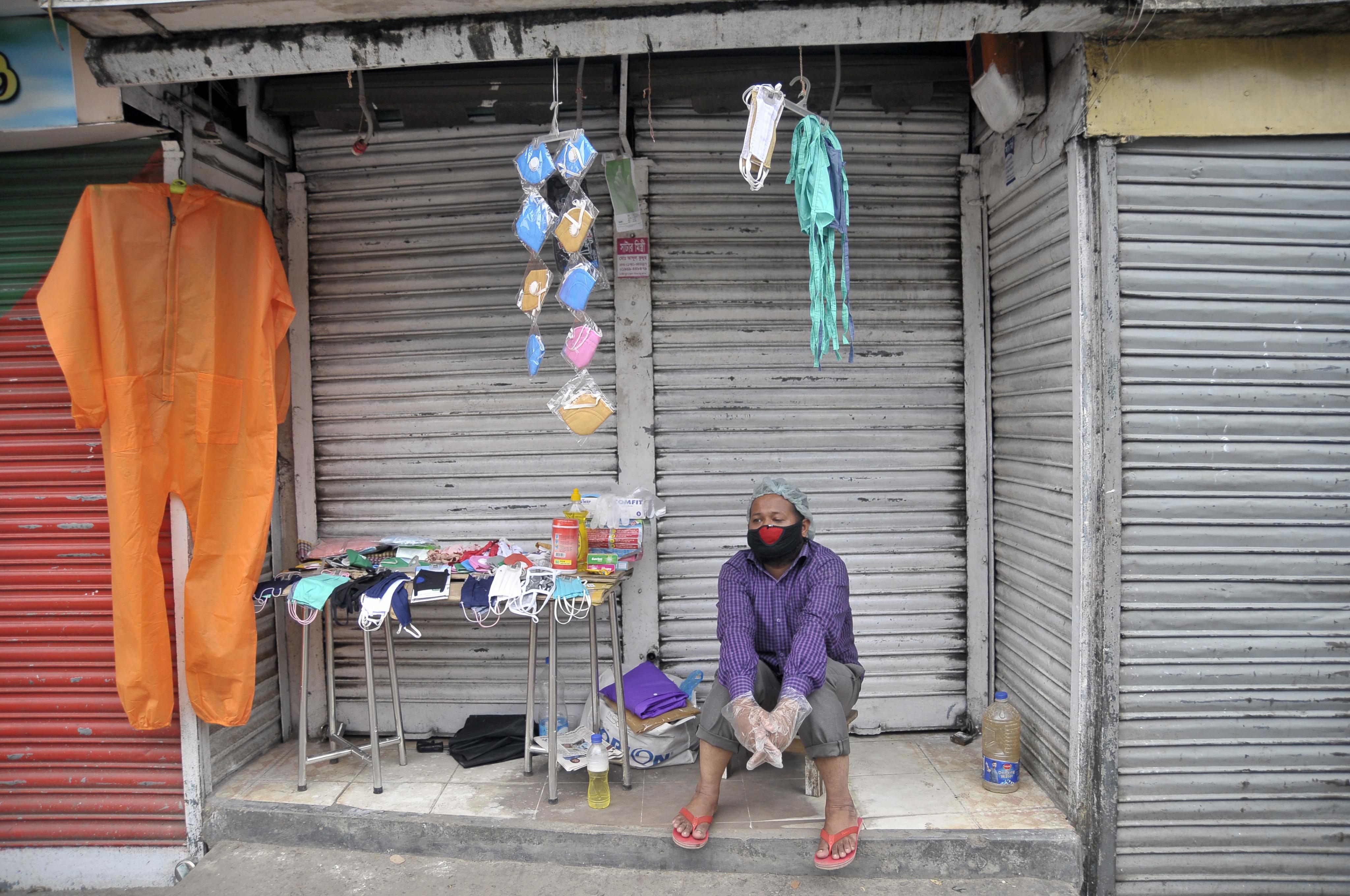Our view
The opportunity of crisis

Normal 0 21 false false false DE X-NONE X-NONE /* Style Definitions */ table.MsoNormalTable {mso-style-name:"Normale Tabelle"; mso-tstyle-rowband-size:0; mso-tstyle-colband-size:0; mso-style-noshow:yes; mso-style-priority:99; mso-style-parent:""; mso-padding-alt:0cm 5.4pt 0cm 5.4pt; mso-para-margin-top:0cm; mso-para-margin-right:0cm; mso-para-margin-bottom:8.0pt; mso-para-margin-left:0cm; line-height:107%; mso-pagination:widow-orphan; font-size:11.0pt; font-family:"Calibri",sans-serif; mso-ascii-font-family:Calibri; mso-ascii-theme-font:minor-latin; mso-hansi-font-family:Calibri; mso-hansi-theme-font:minor-latin;}
On the other hand, the air in major agglomerations from Wuhan to Los Angeles has not been as clean as it is now a very long time. Many affluent people are forced to slow down. Many notice that things can be different. Less travel, more digital work from home and focusing on basic needs could thus become trends beyond Covid-19. Any long-term reduction of energy consumption would obviously serve climate protection.
A crucial issue is to produce goods close to where the market is. This crisis reveals shortcomings of globalisation. Serious bottlenecks make us question whether it is wise to procure pharmaceuticals, protective equipment and medical instruments on the other side of the globe only because that makes them a little bit cheaper. The same question applies to many other goods. We must not forget that the price advantages only arise because transportation costs are excessively low, which in turn results from harmful subsidies. Fuel used in air and maritime transport should not be tax-exempt.
Distorted subsidies are slowing down transition to clean energy. They must urgently be reconsidered, and the current crisis provides an opportunity to do so. It would also make sense to use the huge stimulus programmes of high-income countries to fund decarbonisation. Fatih Birol, who heads the International Energy Agency, foresees a double impact of reviving economies and promoting change in the energy sector at once. Least-developed countries must act too, but without considerable financial support, they will lack the means to do so. What they need is a mere fraction of the trillion-dollar programmes adopted in Europe and North America.
If things go well, this crisis will accelerate the European Green Deal. Alas, there is also a risk of setbacks. Oil is currently cheaper than it has been in a very long time. Low prices are obviously not an incentive to use a resource sparingly, and even less to phase it out. European car manufacturers now want emission rules to be loosened, and the US administration has already done so. That step is considered to be very destructive because the transport sector is the greatest carbon emitter.
Another risk is that the pandemic will claim policymakers’ attention to an extent that all other issues are postponed long-term. Leaders are unlikely to prioritise climate protection during a global downturn of historic proportions. However, neglecting the climate crisis now would amount to fatal failure. Global warming has not stopped; it is only getting worse.
In the Covid-19 crisis many governments have shown that they are able to interfere in markets as well as people’s daily lives. They have also shown that they are willing to follow scientists’ advice. In high-income countries, they have also proven that they can mobilise huge amounts of money to prevent and reduce dreadful harm. After the pandemic, it will be harder than before to ignore the climate crisis – and that may prove to be another opportunity.
Katja Dombrowski is a member of the editorial team of D+C/E+Z.
euz.editor@dandc.eu











